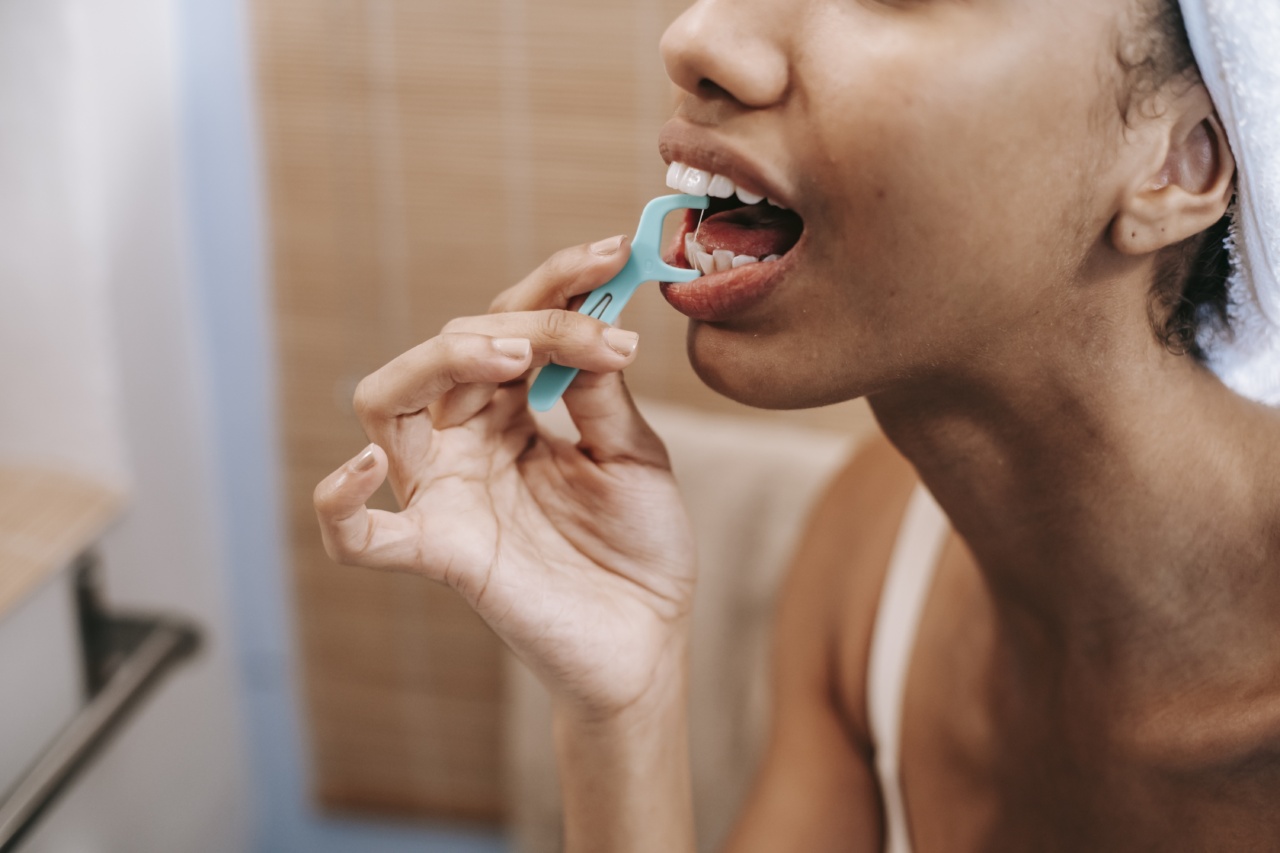Having good dental hygiene can be a lifelong endeavor. It’s never too late to start developing healthy dental habits to keep your teeth and gums strong and healthy.
Adopting simple preventive habits can save you from painful and expensive oral health problems. By following these healthy habits, you can have a lifetime of healthy teeth and gums.
Brush Twice a Day
Brushing your teeth is the most important habit when it comes to dental health. It is essential to brush your teeth after every meal or at least twice a day. Brushing removes plaque and bacteria from your teeth that can cause damage and decay.
Brush your teeth in a circular motion for at least two minutes using a fluoride toothpaste.
Floss Daily
Brushing alone cannot remove all the food particles and plaques. It is essential to floss your teeth once daily to remove trapped food particles and bacteria in places where a toothbrush can’t reach.
Flossing helps remove plaque between the teeth and beneath the gumline to promote healthy teeth and gums.
Use Mouthwash Regularly
Mouthwash is an essential part of good dental hygiene. It helps to kill bacteria in the mouth and freshen your breath. Swish a mouthful of mouthwash for 30 to 60 seconds, once or twice a day depending on your preference.
Choose a mouthwash that contains fluoride to strengthen your teeth and prevent decay.
Avoid Sugary and Acidic Foods
Sugary and acidic foods can cause dental problems such as tooth decay and erosion. Bacteria in the mouth thrive on sugary foods, producing acids that can eat away at the tooth enamel.
Limit the intake of sugary drinks and snacks, and rinse your mouth with water after consuming them. Acidic foods such as citrus fruits and soda can also cause erosion of the tooth enamel, leading to tooth sensitivity and cavities.
Drink Plenty of Water
Water is essential for the body and good for oral health. It helps to wash away food particles and keep the mouth hydrated, promoting saliva production. Saliva contains enzymes that neutralize acids produced by bacteria in the mouth.
Drinking water after meals helps wash away the food particles that can cause plaque and decay.
Eat a Balanced Diet
A balanced diet is essential for overall health, including dental health. Eating a diet rich in fruits, vegetables, whole grains, and lean protein sources provides the nutrients your body needs to maintain strong teeth and gums.
Calcium, phosphorus, and vitamin D are essential for strong teeth and bones. Include dairy, fish, and leafy greens in your diet to get these nutrients.
Visit the Dentist Regularly
Regular dental checkups are important, even if you have good dental hygiene habits. Your dentist can identify oral health problems early and provide treatment before they worsen.
It is best to schedule a dental checkup every six months or as advised by your dentist. Your dentist can also provide tips on improving your dental health and maintaining healthy teeth and gums.
Quit Smoking
Smoking is harmful to your respiratory system and is one of the leading causes of oral cancer. Smoking can also cause gum disease, tooth loss, and stained teeth.
Quitting smoking can significantly improve your oral health and reduce the risk of oral cancer and other smoking-related diseases.
Wear a Mouthguard
If you participate in contact sports, it is essential to wear a mouthguard. A mouthguard helps protect your teeth and gums from injury during sports activities. It can also help prevent jaw fractures and concussions.
Reduce Stress
Stress can have a negative impact on your overall health, including dental health. High levels of stress can lead to teeth grinding, jaw pain, and gum disease. To reduce stress, practice relaxation techniques such as deep breathing, meditation, or yoga.
Exercise regularly and get enough sleep to promote overall health.






























